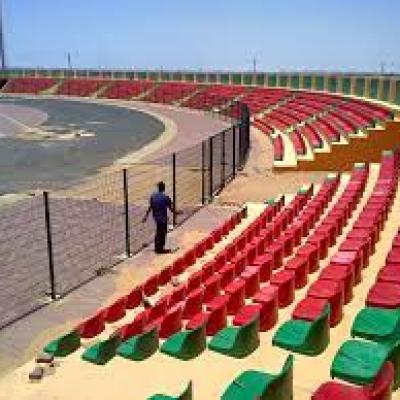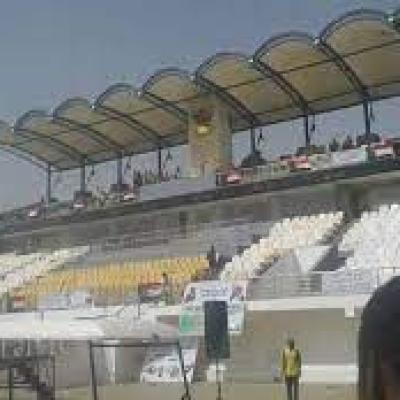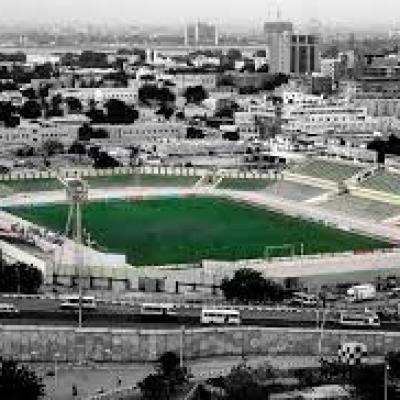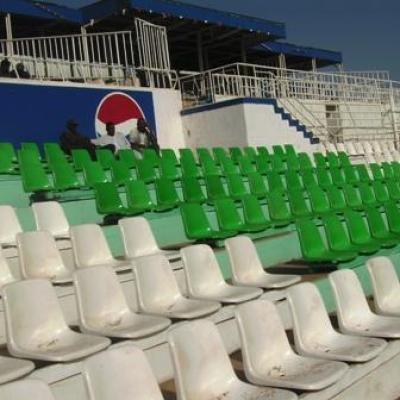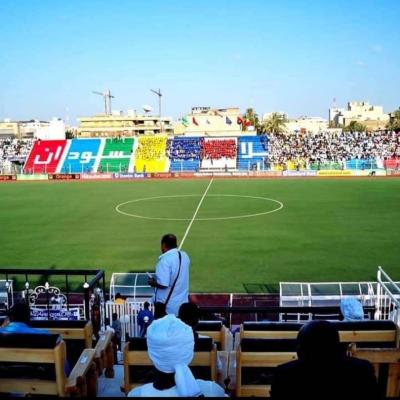The Sudan Football Association (SFA) has been experiencing a significant resurgence, marking an essential step in the country's sports scene and its ongoing journey towards
global recognition. Since its inception, the association has faced various challenges, from political instability to financial hurdles and lack of professional management. Nevertheless, recent strides have begun to transform Sudanese football, fostering a new wave of optimism and ambition.
Historical Overview
Established in 1941, SFA has gone through a complex history, much of which mirrors the broader political landscape of Sudan. The association had its fair share of success in the past, with Al Hilal Omdurman emerging as one of Africa's most successful football clubs, earning multiple continental titles. However, the internal strife, economic difficulties, and international sanctions that characterized Sudan over the past decades have taken their toll on football development.
Modernizing Sudanese Football
In the past few years, the government of Sudan has shown increasing commitment to rejuvenate the football industry. This endeavor has focused on several key aspects, including:
- Infrastructure Improvement: The upgrading and construction of football stadiums throughout the country aims to provide athletes with safe, modern facilities suitable for international matches.
- Coaching and Player Development: Renowned coaches are being recruited to train national teams and regional clubs, enhancing the quality of play. Additionally, academies are established to nurture young, talented players with the skills to compete at both local and global levels.
- Women's Football: The Women's Football Development Program emphasizes the creation of opportunities for female athletes and the promotion of gender equality within the sporting community.
International Collaborations
International partnerships and collaborations play a crucial role in the development of Sudanese football. The SFA has forged ties with leading football associations from around the globe, including England, Spain, and Brazil, to exchange expertise and best practices. These cooperative efforts allow Sudanese football to grow and evolve, learning from the experiences of more established associations.
Challenges Ahead
Though progress has been made in revitalizing Sudan Football Association, obstacles remain on the path towards global recognition. These challenges encompass:
- Economic Limitations: Addressing financial difficulties is essential for the long-term sustainability of the Sudanese football industry. Boosting funding and sponsorship opportunities will aid in the modernization of football infrastructure and programs.
- Political Instability: Continued turmoil can hinder football development, threatening the progress already made. Peace and stability will enable the country to focus on investing in its sporting future.
- Lack of Awareness: Raising public awareness of the importance of football and its potential contributions to the society is vital to fostering public support and engaging more youngsters in the sport.
Conclusion
The revitalization of the Sudan Football Association represents an exciting opportunity to redefine Sudan's presence on the global football landscape. With dedicated efforts from various stakeholders and a focus on developing infrastructure, training, and empowering women in football, a brighter future for Sudanese football beckons.



